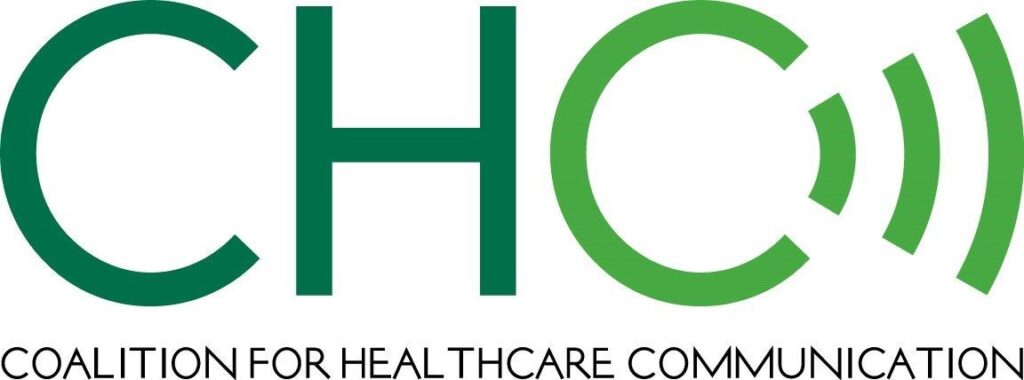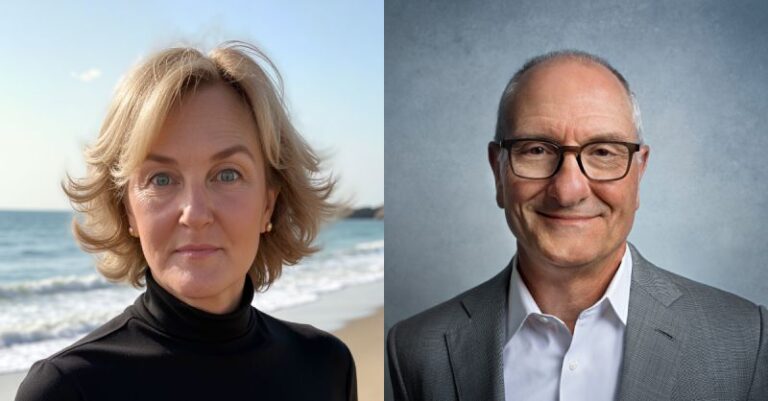June 11, 2018 – In light of recent data breaches and controversies in the news, such as the Facebook/Cambridge Analytica situation, data privacy concerns are front and center in the minds of consumers and regulators, according to Stuart Ingis, Partner, Venable LLP, and Counsel, Digital Advertising Alliance.
“It’s a very exciting and interesting time for … those who spend our lives at the intersection of data, innovation and public policy,” Ingis said at the recent Coalition for Healthcare Communication Rising Leaders Conference on Healthcare Policy, held in Washington, D.C. “In your case,” he told attendees, “you can add the extra-interesting concepts of healthcare, and science and technology” to the equation.
“The unprecedented and exponential growth in the generation of personal data further presents opportunities for industry – and in many ways more so for yours than most – to improve quality of life and extend in some instances the length of our lives,” Ingis noted. “So you all understand, as healthcare communicators, these opportunities and the advancements on the horizon. You are also really in a unique position to influence in a positive or negative way the environment that will either unleash or stifle beneficial innovation.”
Ingis pointed out that “we are really just at the beginning of the decisions made now that will determine what that speech sounds like 100 years from now. From Ingis’ perspective, “there is going to need to be a new paradigm altogether.”
He said although the Facebook/Cambridge Analytica scenario was not a healthcare data situation, “the tsunami that has followed has become an awakening … and has brought the [data privacy] issue to the forefront of the public and led to a very strong regulatory response.”
He discussed the confluence of recent events surrounding data privacy and communication – the Facebook situation, the European Union’s new General Data Protection Regulation (GDPR), and an entirely new slate of Federal Trade Commission commissioners. “It’s the perfect storm of regulators, policy makers, politicians and the press,” all focused on this issue, he said. And, as the use of data has become more technologically complex, there “still remains very low awareness of the benefits of technology.”
Ingis, Counsel for The Digital Advertising Alliance, said that it was founded in 2007, represents a coalition of major trade associations (including the CHC) and major companies, primarily focuses on self-regulation and created a 70-page code covering digital communication. One of the measures – the blue triangle with the “i” inside of it – has garnered 40-percent recognition by consumers that they can exercise choice over which ads they see online.
However, even though this “is a superb infrastructure,” the problem with the program is that “it still is somewhat of a blunt instrument. It’s a ‘yes’ or a ‘no.’ Ultimately the yes/no scenario … particularly in the healthcare environment, in my perspective, will not survive,” Ingis said, because it is “not the type of detailed new paradigm” that needs to exist to get acceptance from the public and regulators and to show all of the great things that can be done with data “to help improve consumers lives.”
The solution, Ingis said, is to build a new framework that builds on the current infrastructure but “really defines data uses and the granularity of uses, and then educates all stakeholders.”
Ingis also provided CHC conference attendees with some tips for moving forward and learning from the experience of others:
- Know your business
- Know the data you collect and how they are used
- Don’t use – and in some cases don’t collect – sensitive data
- Be able to explain in very simple terms why the data are needed and for what purpose they are used
- Know your partners and know your supply chain
- Know your stakeholders and their concerns
- Know your user and consumer advocates and engage with them early
- Enlist allies and advocates
- Remember that all companies and organizations are potential data breach victims
Bottom line, Ingis concluded, “I really believe in the power of technology and data to change our world for the better.” He told the CHC audience that to deliver the benefits of data, “we are going to need responsible people … like you to create that environment where new technologies and the uses of data are understood and deployed responsibly.”
When it comes to healthcare communication, he said, “that opportunity really starts with those of you in this room and those who you associate with. I hope you seize it.”




